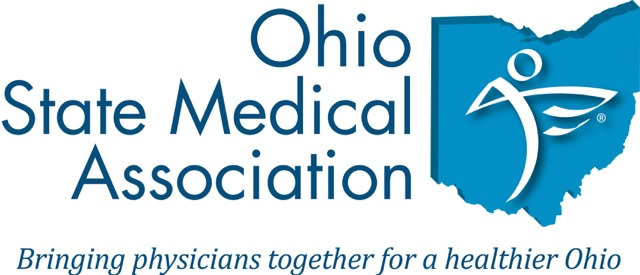Complete Story
02/20/2023
Public Health Emergency Expiration—Reminders
It has been announced that the PHE will be extended through May 11, at which point it will permanently expire, marking the end of PHE extensions. Because the PHE has been in place for nearly three years, it can be difficult to remember which rules existed before then, and which have been temporary. Here are a few highlights of what is expected to change.
Some Patients Will Lose Medicaid Coverage
During the PHE, Medicaid payers weren’t allowed to disenroll patients from the program, but that’s about to end. Because of this, the government will be opening a special enrollment period allowing patients who no longer qualify for Medicaid to apply for Affordable Care Act coverage outside of the normal enrollment period. This special enrollment will start March 31, so if your practice sees patients concerned about losing Medicaid benefits this spring, it’s a good idea to let them know about ACA openings.
Tip: Read up on Ohio Medicaid Eligibility Renewal.
Changes to COVID-19 Vaccine Coverage
Because the government was underwriting the cost of COVID-19 vaccination administration, patients had more flexibility on getting free shots during the PHE. For instance, if you were uninsured or saw an out-of-network provider, you still got a free COVID shot. That will no longer be the case.
Patients will be covered for these vaccines under their own health insurance programs, which all have their own rules about who patients can see and how frequently they can get vaccinated. For instance, patients may need to see an in-network doctor to be covered for a COVID-19 vaccination under their insurance, and many uninsured patients will have to pay out of pocket if they come in seeking vaccinations.
Tip: Prepare now by getting COVID-19 coverage requirements from all your major payers in writing, and provide your front desk with details for when explaining why COVID-19 vaccines are no longer free for uninsured or out-of-network patients.
COVID-19 Tests No Longer Free
Under the PHE, patients were able to obtain COVID-19 tests, both for at-home use and at doctors’ offices, at no charge. Medicare is expected to stop paying for at-home tests, and to only cover medical testing when the tests are ordered by a provider after the end of PHE extensions in May. Depending on insurer coverage of tests performed at your office, you may start seeing more patients presenting for COVID-19 tests since they can’t test at home for free anymore.
Tip: Ask how your major payers are planning to reimburse in-office COVID-19 tests, and if you don’t have one, develop a protocol for how and where you’ll perform such tests at the office.
What Won’t Change:
Medicare Telehealth Flexibilities
Practices can rest assured that the Medicare telehealth flexibilities won’t stop when the PHE ends in May. When Congress passed the Consolidated Appropriations Act of 2023, it extended most of the telehealth flexibility waivers through December 31, 2024. This means you have more than a year to continue utilizing telehealth as you have been with your Medicare patients.
